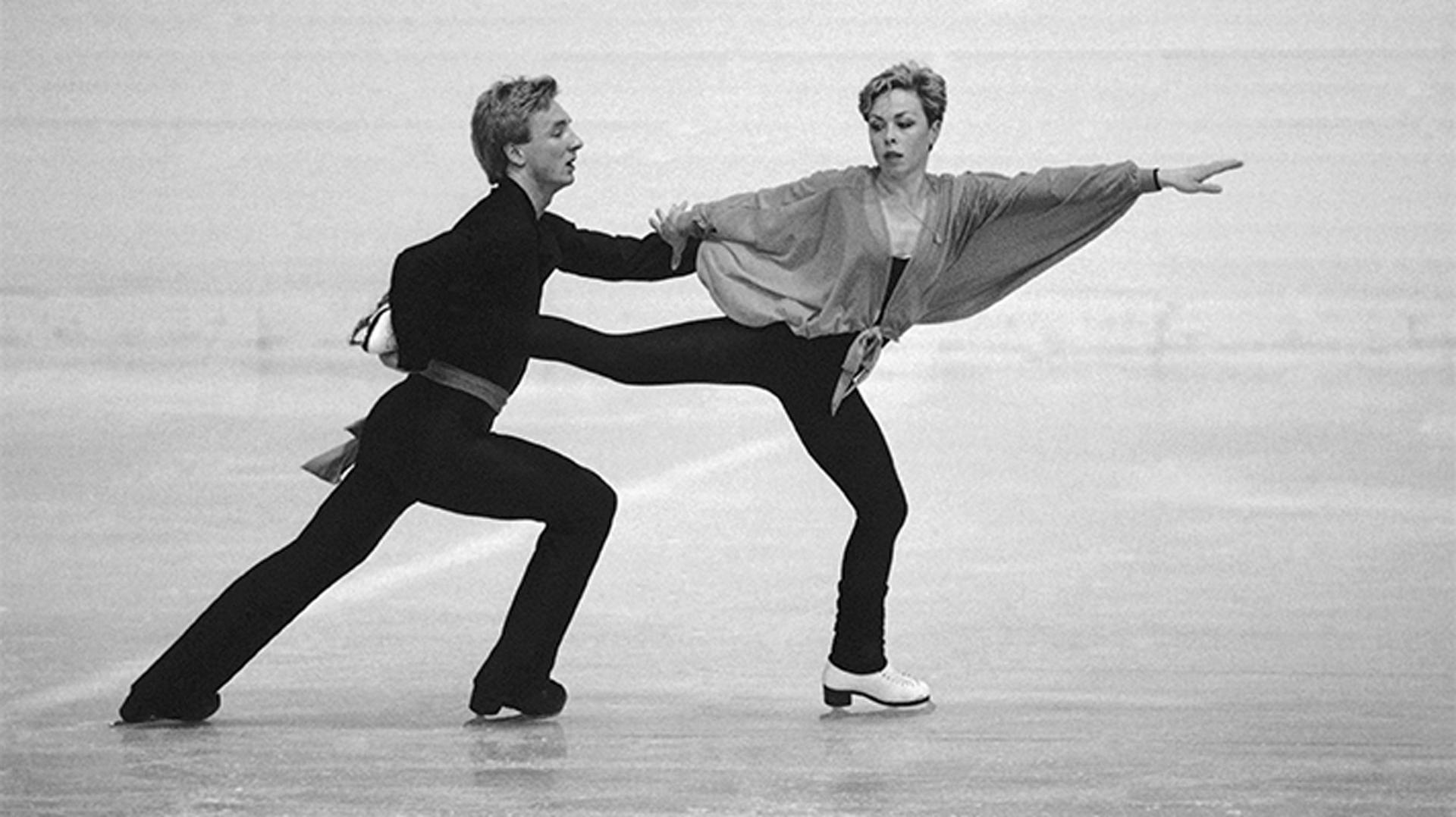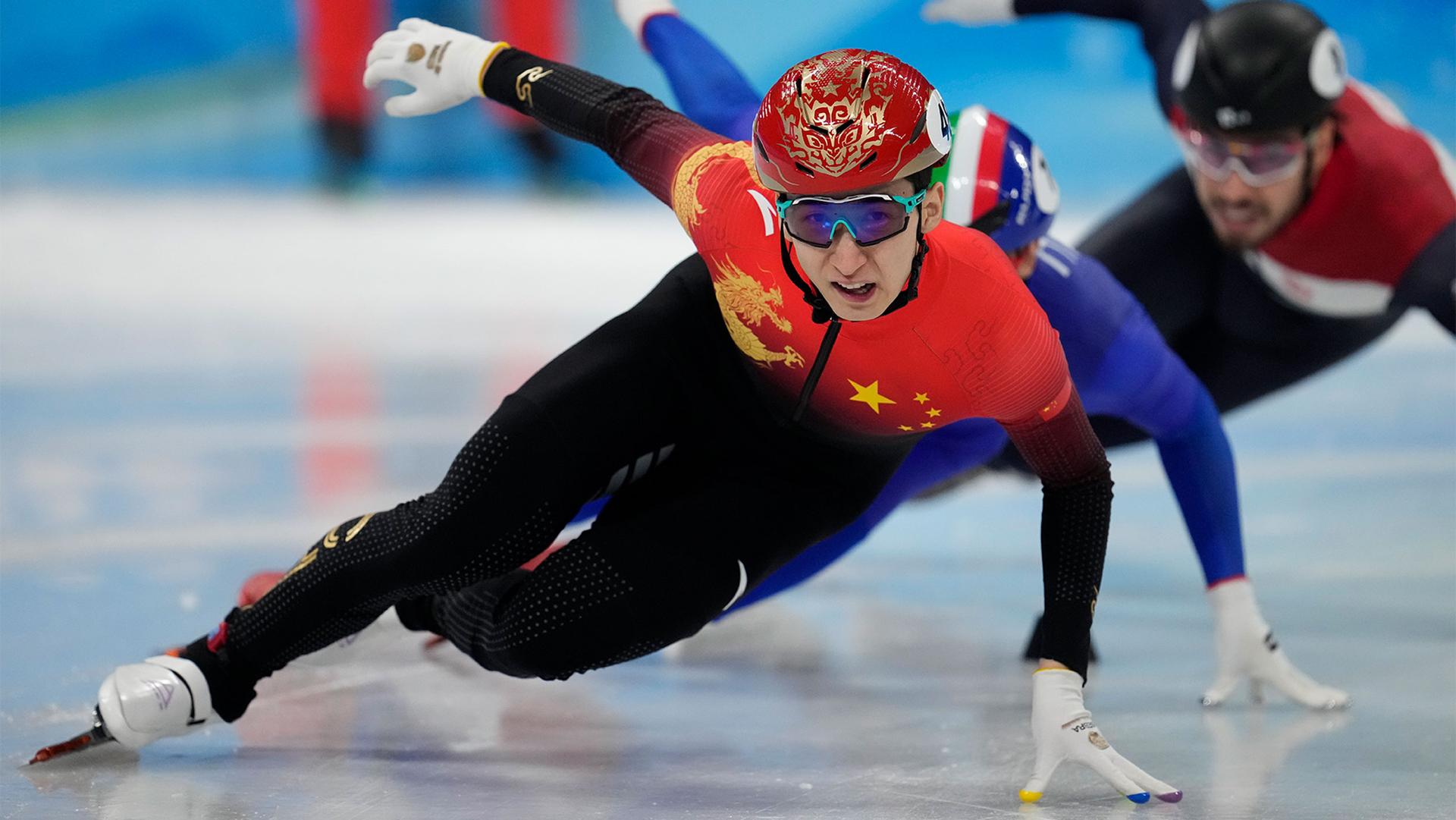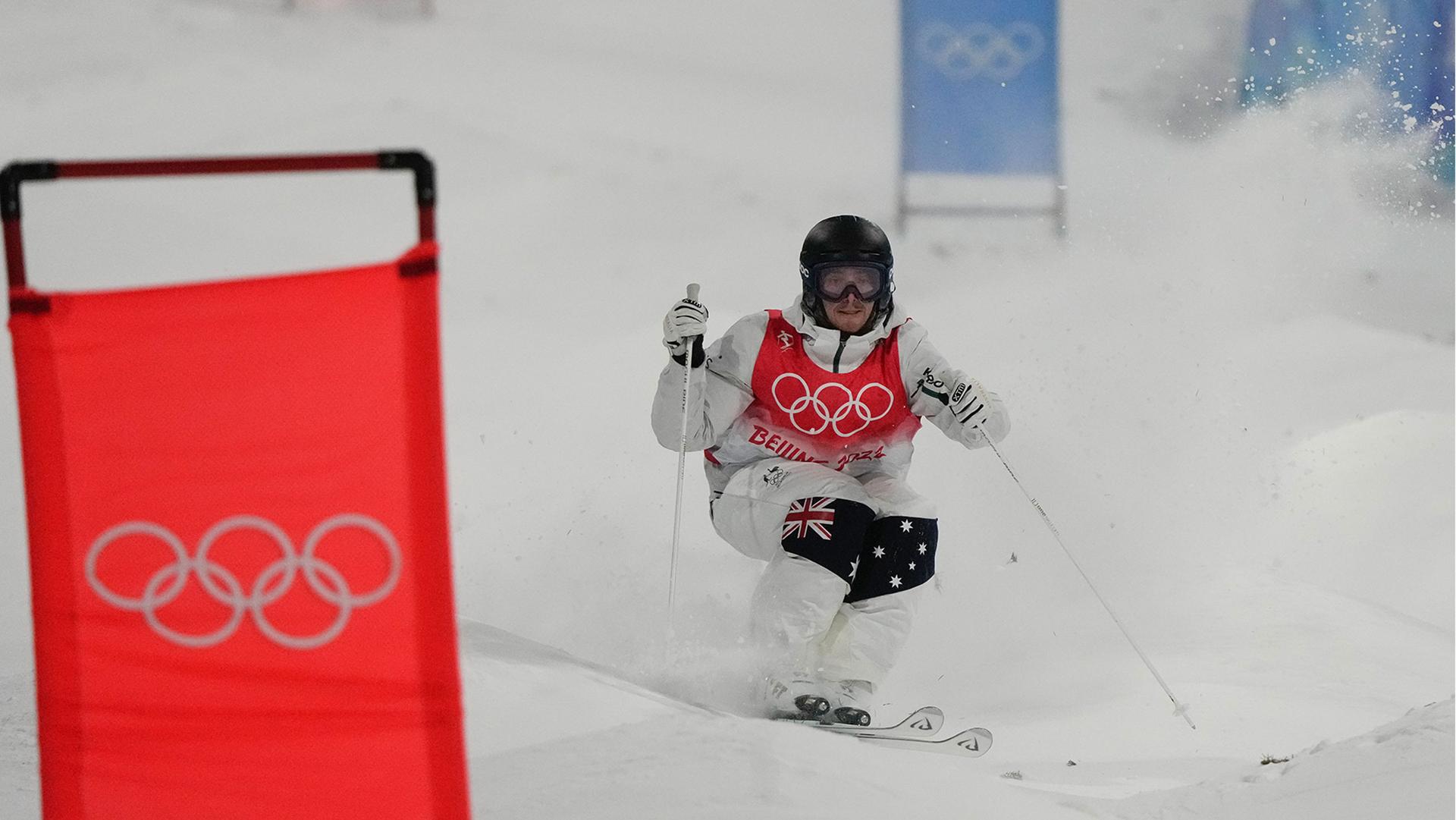Winter Olympics
The day to remember the ‘forgotten genocide’
Between 5 million and 7 million Circassians live around the world, descendants of the native tribes expelled from the Caucasus in the 1860s by Russian Imperial forces. The recent Winter Olympics in their ancestral capital of Sochi angered Circassians, but it also brought them together. They aim to get Russia to recognize a right of return for Circassians. It’s a long shot, but these are not people known for giving up easily.
Ukraine is damaging Russia’s $50 billion Olympic makeover
Russia paid dearly to stage a world-class Olympics — $50 billion — and remake its image as a modern, efficient and friendly nation. But its Olympic success is quickly being forgotten and tarnished by Russia’s moves in Ukraine.Russia paid dearly to stage a world-class Olympics — $50 billion — and remake its image as a modern, efficient and friendly nation. But its Olympic success is quickly being forgotten and tarnished by Russia’s moves in Ukraine.
The Sochi Olympics project a happier, friendlier Russia. Locals wish that were true
Russia is projecting a new image at these Olympics: a helpful, welcoming Russia. Suddenly police are friendlier, politicians meet with activists, people are recycling. It’s a version of Russia a lot of people would like to have, but it may not last beyond the games.
These photos show a side of Sochi most Olympic tourists won’t see
Arnold Van Bruggen has been visiting Sochi and the Northern Caucasus since 2007 to document the transformation of Sochi. He filmed and photographed his journeys as part of “The Sochi Project”. What he found was a region of contrasts where most residents are unaffected by the $50 billion spent on the Sochi Winter Olympics.


